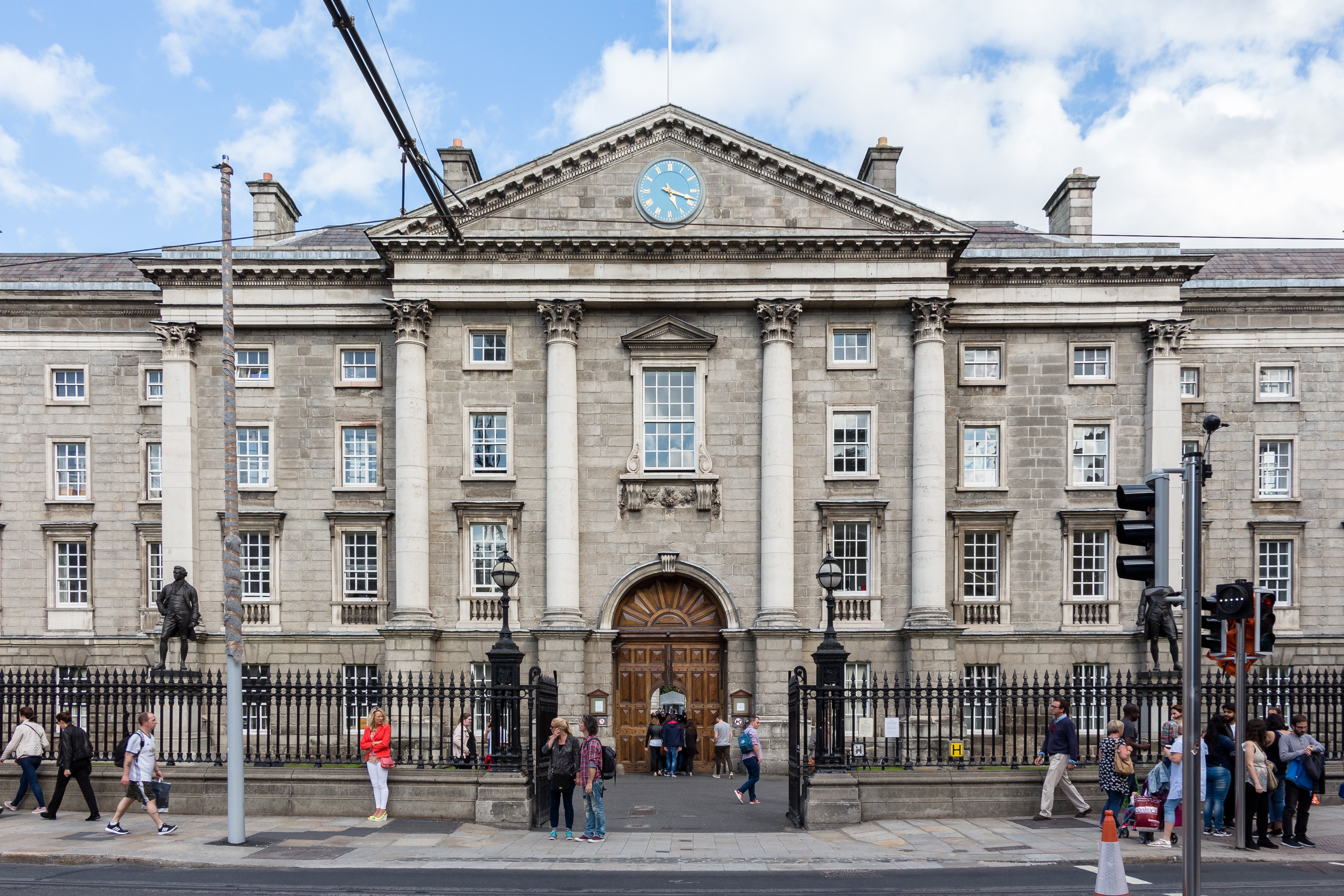The Spanish embassy in Ireland has impeded Catalan residents from voting in the elections to the Parliament of Catalonia to be held on 14th February, since, as pro-independence group Catalan National Assembly has verified with the Irish foreign ministry, the embassy did not ask for permission so that Catalan voters could come to the embassy to cast their ballots during the heavy Covid mobility restrictions that currently apply.
The foreign ministry has stated in an email that "to date, no request has been received from the Spanish embassy to open a polling station for its citizens in Ireland" and implies that there is no expectation on the part of the Irish authorities for a permit to be sought, because “different countries have different arrangements” for voting.
⬛️⬜️ L'ambaixada espanyola a Irlanda no ha demanat els permisos per establir cap mesa electoral per les eleccions del 14-F, segons el ministeri d'exteriors Irlandès👇
— Vot Exterior (@VotExterior_ANC) February 5, 2021
❌L'Estat bloqueja el dret al sufragi dels residents a l'exterior#Votexteriorchallenge pic.twitter.com/JWst71AtGc
As a Catalan resident in Ireland clarified, "the problem is that we have movement restrictions in Ireland due to Covid". The embassy was required to ask permission to allow voters to travel to the polling station in Dublin, she says. "They don't give a damn about our rights to put the vote in the ballot box."
El problema a què fa referència això és que tenim restriccions de moviment a Irlanda degut al Covid. L'embaixada havia de demanar permís perquè els votants es poguessin desplaçar fins al punt de votació. Es passen els nostres drets de posar la papereta a l'urna pel forro.
— Cristina #JosócCDR (@krusi_chicho) February 5, 2021
Fear of contagion triggers postal votes
Meanwhile, in Catalonia itself, still immersed in the third wave of coronavirus, the fear of infection has become palpable in the context of the elections. The sense of insecurity about making a trip to a polling station in this situation - with election day just over a week away - has had a direct translation: applications for postal votes have skyrocketed in relation to previous elections.
The post office has received a total of 270,392 applications for postal voting for the Catalan elections on February 14th, a figure that is already a record in an electoral process in Spain, and which triples the applications for the Catalan elections of 2017. A total of 188,566 voting applications were submitted in person at post offices, and 81,826 electronically to the Post Office website, requiring an electronic signature.
These figure are still provisional, but applications for postal voting closed on Friday at 2pm.
Uncertainty over polling station duty
A second problem area in the election process due to the health crisis relates to the staffing of polling booths, which in the Spanish state depend almost entirely on ordinary citizens selected at random to act as electoral officers for the day. This year, of the 82,000 members of the public selected for election day duty, a total of 20,579 - a full 25% - have presented appeals asking to be stood down.
In this situation, the Barcelona Electoral Commission has today announced that the substitutes and second-substitutes - who are also part of the 82,000 total - will be deployed in a different way than usual in order to cover all electoral tables that may be short of staff: substitutes may be sent to a different polling station or even a different municipality if required. This is the solution that will be used throughout the constituency of Barcelona province.
Main image: University of Dublin / Wikimedia Commons Rafesmar

